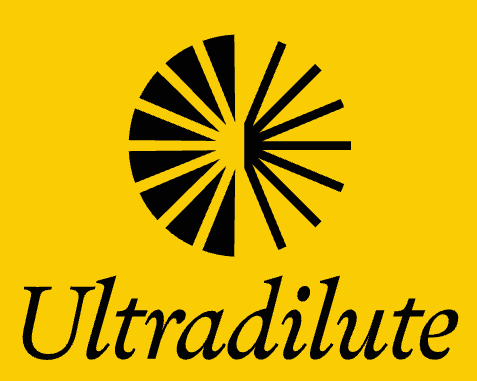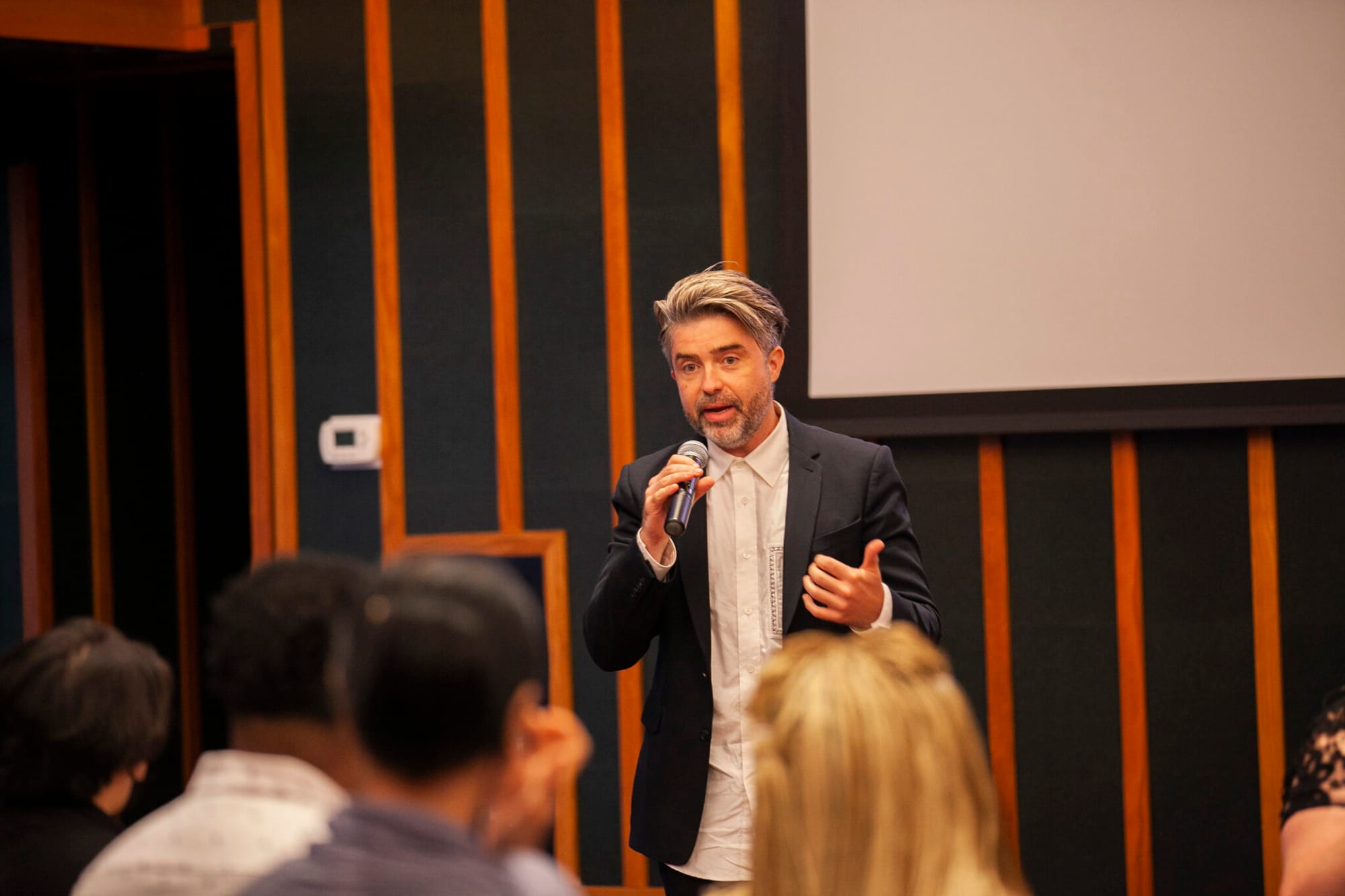The Soft Labor Questionnaire: Roddy Schrock
Welcome to Soft Labor, the namesake publication of Soft Labor, a strategic consultancy for organizations, designers, and the culture industry led by Sarah Hromack-Chan. Soft Labor is a publication about creative labor—what it is, what it looks like, and how it has and will continue to change. Did someone forward you this publication? Subscribe, read our archives, or email us at info@softlabor.biz.
The Soft Labor Questionnaire
The Soft Labor Questionnaire, is simply that: A brief series of questions we’ve asked comrades in the field to answer about their own working experiences.
Today's respondent is Roddy Schrock. Roddy Schrock is founder and lead homeopath at Ultradilute, an online homeopathy service bridging the gap between creativity and holistic health, launching this fall. He was director of Eyebeam, 2015-25, and is an active artist, having lived and worked in Japan and continued studies in the Netherlands. He has been commissioned by Meet the Composer, the American Music Center, The Netherlands America Foundation, and Ostrava New Music Days, among others. He holds a MFA in Electronic Music from Mills College and from 2015 to 2022 served as lecturer in the Curatorial Practice MA Program at the School of Visual Arts.
Tell us about the first job you ever did for money.
At 15, I played “Bridal Chorus” (aka, Here Comes the Bride) for a family friend’s wedding rehearsal. It was my first opportunity to break out my Yamaha Portatone keyboard in public. I remember how surprised the happy couple were when I introduced a clanky disco preset beat while whomping through the chords on like the 4th practice walk. Those genre-specific presets of late 1980’s prosumer keyboards are completely inimitable by any other device produced since. I would like to remember that everyone was charmed – I certainly found it livened the mood. Maybe I was subconsciously trying to subvert heteronormativity in those pre-gay-marriage days. If so, it definitely wasn’t on purpose: I was far from out yet, even to myself.
Is your current work related to what you studied in school? If so, how? Or, how not?
As an undergraduate, I got a degree in sociology. What I learned through that is, honestly, relevant to pretty much everything I’ve done ever since. Or it at least provides a some kind of mental framework to understand the situations I found myself in. It taught me to always be able to see myself as an actor within larger and more powerful structures and frameworks of interests. Shifting into that participant observer stance is always helpful, I find.
What cultural touchpoint—music, art, literature, etc.—has informed your practice the most? How?
This is a nearly impossible question especially in one’s late 40’s, when there has been ample time to shift allegiances multiple times. But, the first thing that came to mind is Butoh, even though it’s not something I think about all that often. When I lived in Tokyo, they used to close off the streets in the Shinjuku neighborhood on Sundays in the summer. And sometimes I would go just to take it all in and there would be an impossibly skinny and muscular Butoh dancer who would dance solo, flinging himself onto the hot pavement in ways that were so visceral, like some kind of human eruption from nature. And the response from the impromptu audience was equally as intriguing: everyone observed with detachment and respect this really quite odd dance. I think I desire that kind of intensely embodied work more now that I am moving into a healing profession, I need art that brings meaning to the awkward powerlessness in being human inside a vulnerable body.
What is the most rewarding aspect of working in your industry? The most challenging?
I’m in a super transitional moment – so it’s probably the best time to try and answer this question. I’ve just stepped down as director of Eyebeam after ten years in the role, and am now launching Ultradilute this fall, an online homeopathy practice that I intend to serve as a resource for creative people who get stuck in their symptoms. By that I mean that a lot of people who build from imagination, and are required to negotiate value in our absurd world, face unique challenges which I believe sometimes result in chronic ailments. I have personally found homeopathy extraordinarily helpful in getting past some health challenges which baffled my doctor. It continues to assist me, now, in a different way, as I move to a new place in my life. I want to share that healing technology with others. I am enormously gratified and extraordinarily energized on a daily basis in seeing how homeopathy can be helpful. I find it very reassuring to know that it is available.

Has AI impacted your work? How?
Yes, so many of the fantastic artists I had the honor of working alongside at Eyebeam were doing early projects on AI and machine learning. I am reminded of Kyle McDonald pointing to the environmental costs of server farms long before anyone was talking about it or Zach Blas pointing to dangers in the queer community around automated facial recognition, more than a decade ago. Now artists are grappling with the day-to-day dangers, and in some cases positive potentials, of AI in less speculative ways. It is like a constant rumble in the background and while it remains to be seen where it will eventually land, it has been a topic of daily conversation in my world for about as long as I can remember. Sometimes I wonder if AI could take on the role of a non-profit director. Charlotte Kent and I had an interesting conversation this spring, as part of the Brooklyn Rail's NSE series, that touched on this.
What advice would you give to someone starting a career in your industry?
Try to learn from every single person and situation you encounter. Every interaction is highly unique and there is always something meaningful to glean from them. Because, I think, we’re all supposed to learning pretty much all of the time and it’s a great field to do a lot of learning, I can honestly say that I never had a boring day.
What are you obsessed with that has little-to-nothing to do with "work"?
Well, what had been my obsession has now become my new career: homeopathy! It’s hard for me to have hobbies, I typically gravitate towards something very strongly and then next thing I know, I can’t resist its pull and I fall in totally without looking back. Which is how I got pulled into Eyebeam in the first place.
